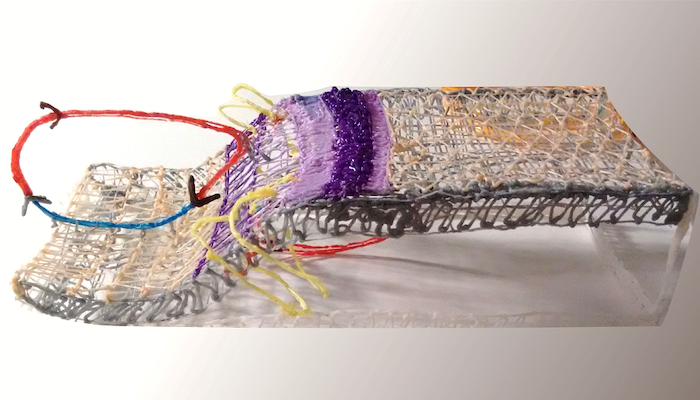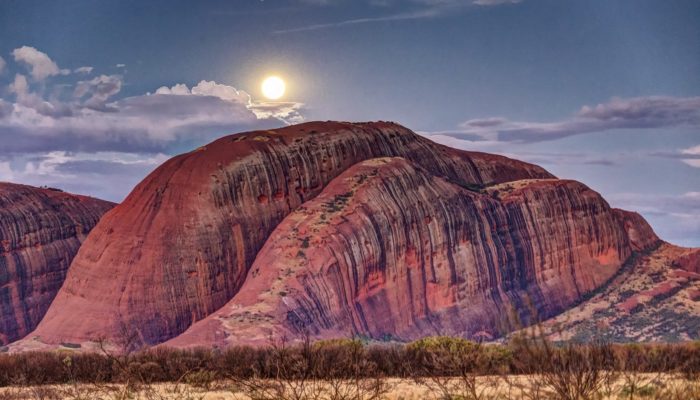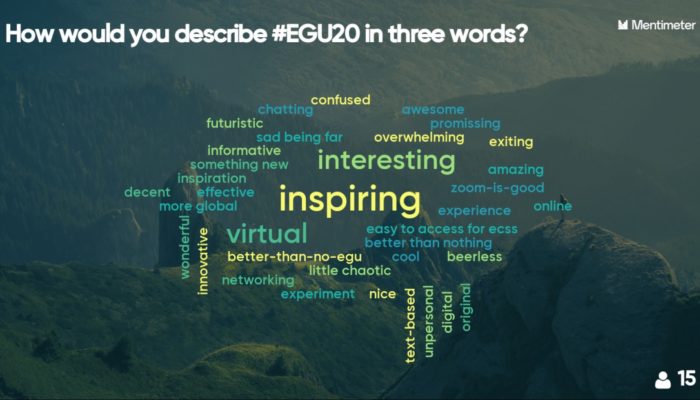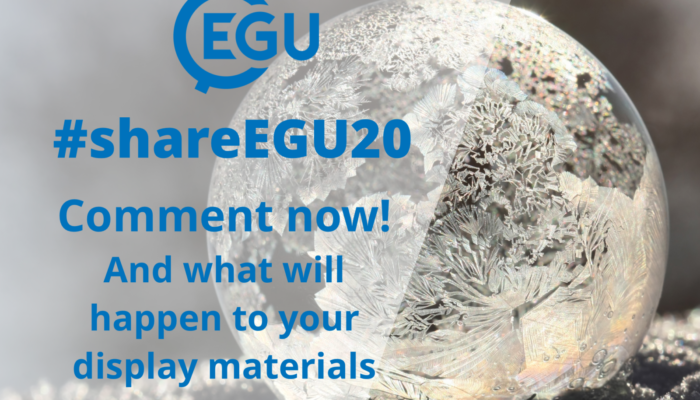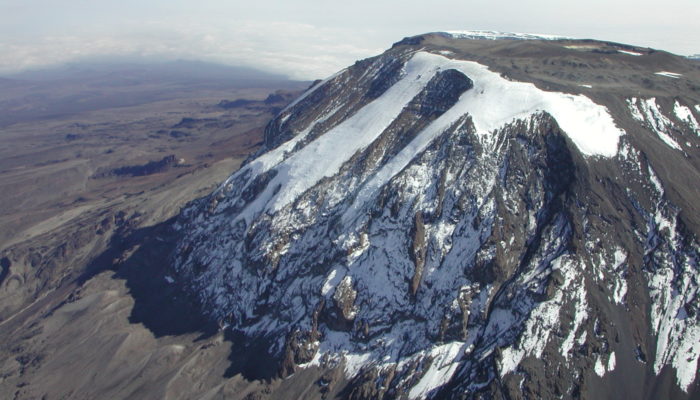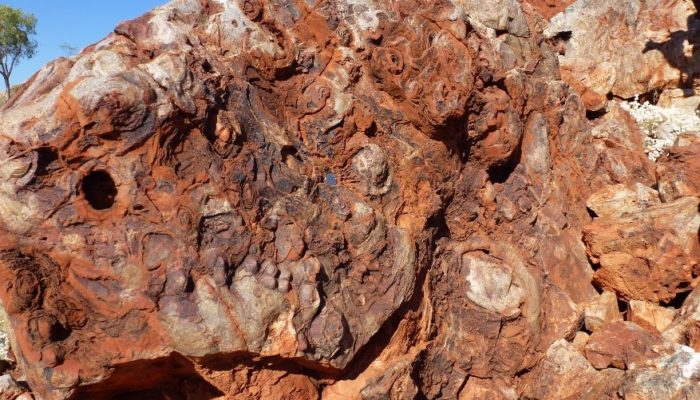A new year, a new blog team! During the virtual EGU, we managed to find a lot of new people for the blog. In addition, some oldies but goldies will stay on, and, unfortunately, some editors also resigned (but they might still pop up every once in a while with a cheeky post). So, without further ado, here are the superstars of the blog team for the 2020-2021 EGU blog year who will provide you with ...[Read More]
Tectonics and Structural Geology
Analog models for teaching and more, even at home
Ágnes Király is a postdoctoral research fellow at the Centre of Earth Evolution and Dynamics (CEED) at the University of Oslo, Norway. Ági has a background in geophysics, incorporating natural observations with numerical and analog models to study subduction zone processes. Ági has simulated subduction systems mostly in the Central Mediterranean. Working this spring will probably be somewhat diffe ...[Read More]
GeoLog
Imaggeo on Mondays: Moonrise at Kata Tjuta
This is a high-dynamic-range (HDR) photograph of moonrise over the hills of Kata Tjuta in central Australia. The HDR technique allows details to be seen in the deep shadows and well as in the brighter parts of the image. Kata Tjuta (formerly known as The Olgas) means ‘many heads’ in the Pitjantjatjara language, spoken by the local Anangu people. The location is approximately 360 km SW of the ...[Read More]
Natural Hazards
#shareEGU20 afterthoughts about virtual conferencing
It’s 2020 and a new coronavirus has spread all over the world-changing most if not all our habits. In a few weeks, we’ve seen adaptations to living in a world with this pandemic, from many points of view. Science reacted and adapted very quickly, sharing research and opening dialogues using online tools. Similarly, the EGU General Assembly that usually hosts every year around 15,000 people i ...[Read More]
GeoLog
#shareEGU20: commenting and what happens to your displays
Now that the week of #shareEGU20 is over, you may be wondering what happens to your display materials. As the materials have been uploaded to our new digital repository, EGUsphere, they will remain available online in their current format for the foreseeable future. Remember to check the copyright selected by the author if you want to interact with any of the uploads, and feel free to contact the ...[Read More]
Cryospheric Sciences
Did you know… tropical cyclones cause large snowfall on Kilimanjaro’s glaciers?
Tropical cyclones are an important part of the weather in the southwest Indian Ocean each year, from November through April. These storms can cause massive destruction and loss of life when they make landfall, which happens most often on the islands of Mauritius and Madagascar and the coastal region of Mozambique. However, until recently, relatively little was known about their impacts on the high ...[Read More]
Geodynamics
The Sassy Scientist – Stranded, Not Forgotten
Blanka was scouring the field for evidence, collecting samples and making do with the supplies for a short field trip expeditiously. And then she couldn’t travel back home anymore: I am stuck at my fieldwork location due to closed borders and social distancing. What to do? Dear Blanka, That must be very inconvenient. I do hope that you can manage with the restrictions placed upon your moveme ...[Read More]
Biogeosciences
Dating mineral phases in geological remnants of early life
This is a solicited blogpost written by Sebastian Viehmann. The Mesoarchean Strelley Pool Formation in the Pilbara Craton (Western Australia) hosts one of the oldest geological remnants of life on Earth. These silicified stromatolitic carbonates show diverse morphologies and formed on a shallow marine carbonate platform 3.35 billion years ago (Ga; Figures 1 and 2). After a long-standing debate abo ...[Read More]
Hydrological Sciences
Chatting about science and hydrology at EGU GA 2020
We all woke up that Monday morning 4 May 2020 (at home rather than in Vienna) with mixed feelings about what to expect from this year’s exceptional EGU GA: Sharing Geoscience Online. For some of us, it was the first time we were entering a chat room and, for many, the first time we were going to chat about our scientific work online. If you were an author, a convener or a curious attendee, that mo ...[Read More]
Geodynamics
An Ode to the Coffee House
This week, Jac van Driel, PhD student at UCL shares with us his deepest thoughts on how to write the manuscript of his PhD thesis. Hoping you will enjoy: “An Ode to the Coffee House”. Like many cordial expressions of civilised society, Covid-19 has plunged café culture to into stasis with the permanence of its condition not yet known. Pre-crisis, my hedonistic consumption of coffee use ...[Read More]


